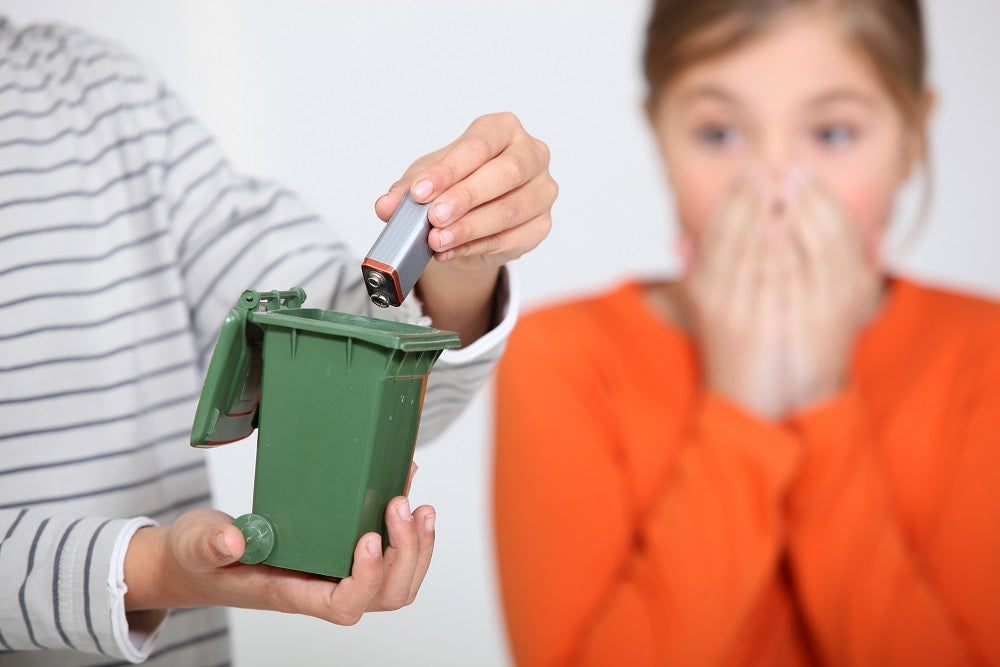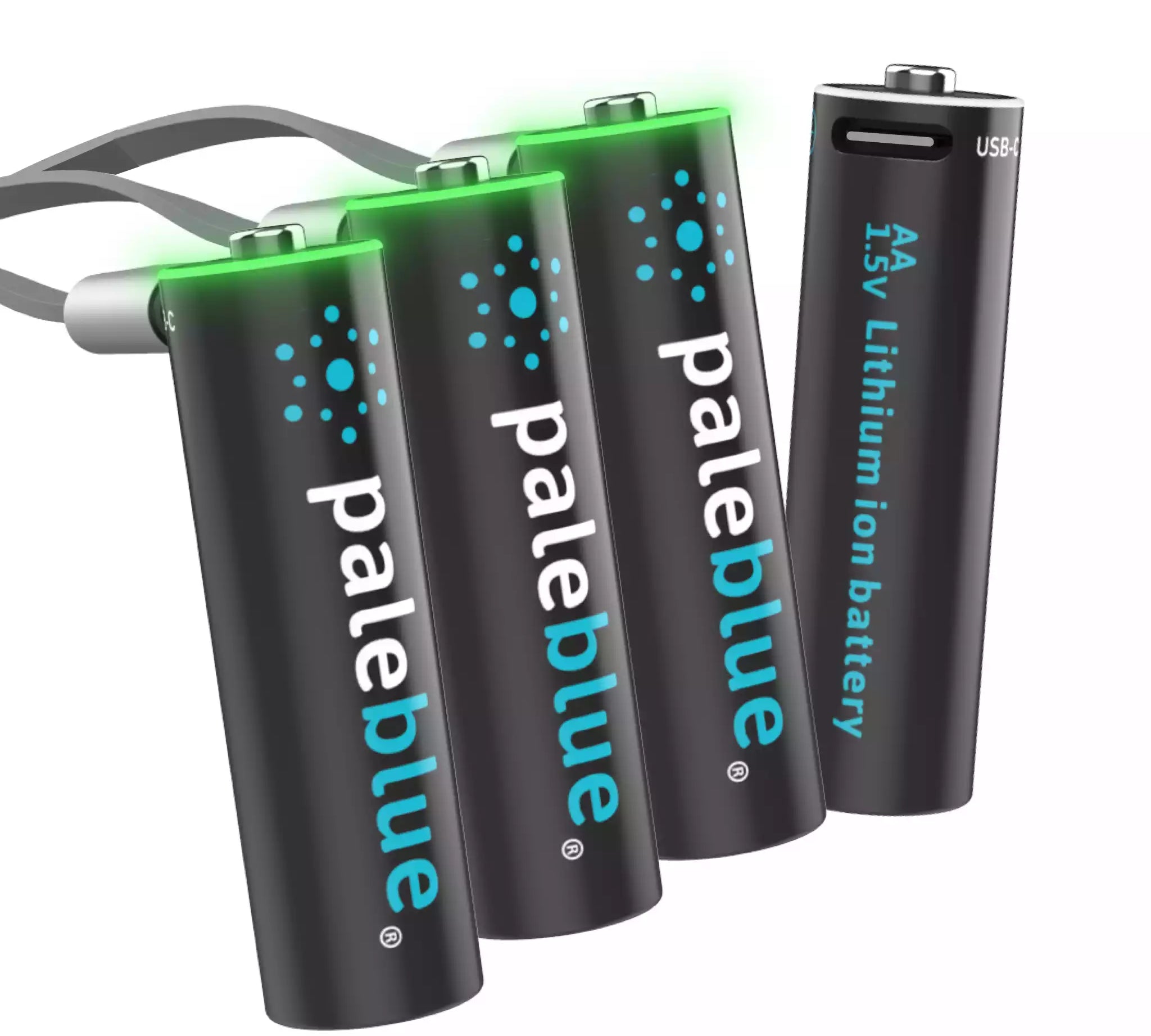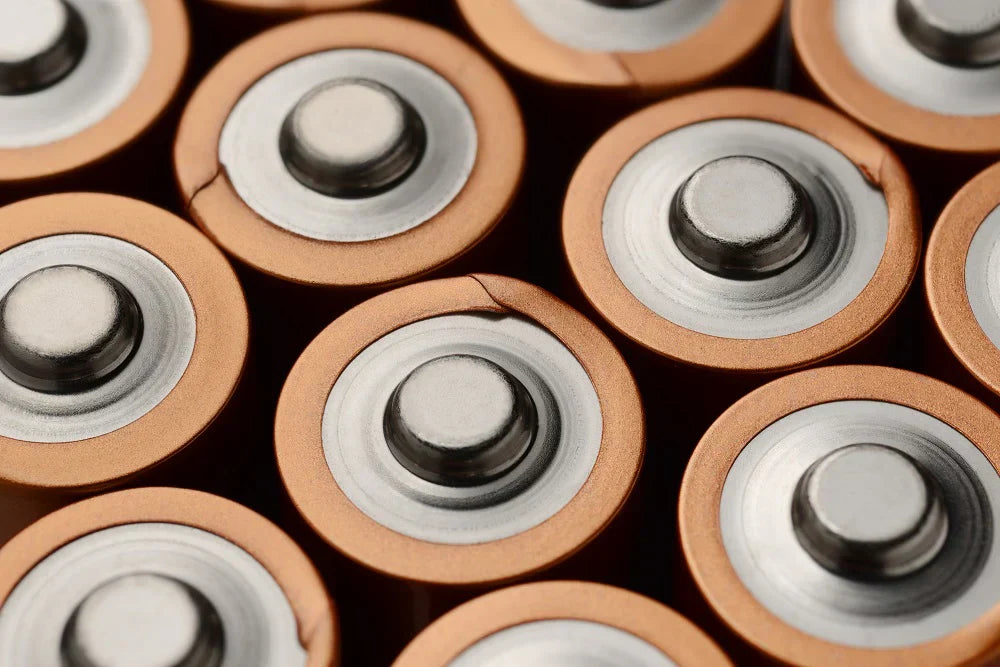4 Summer Safety Tips for Lithium-Ion Batteries

Rechargeable lithium-ion batteries are a mainstay of modern life. But no product is capable of handling abuse or abusive environments. The summer months have some important factors to consider if you have lithium-ion batteries in your life.
We have put together a post offering four safety tips for handling lithium-ion batteries during the summer. They do not apply just to our USB rechargeable batteries. They apply to every lithium-ion battery you own, whether loose or hardwired into a device.
1. Store in a Cool, Dry Place
The number one enemy of lithium-ion batteries is heat. We have discussed this in previous blog posts in which we detailed something known as a 'thermal runaway', a chemical reaction that generates heat quickly enough to cause a lithium-ion battery to fail.
The point of discussing this is to remind you that you should always store rechargeable lithium-ion batteries in a cool, dry place. Never let them sit in direct sunlight, either. And while we're at it, make sure they are stored in such a way as to prevent short circuits. Your best bet is to store batteries in their original packaging. If you don't have it, just make sure they are positioned so that they don't come into contact with any metal objects.
If Paleblue Earth batteries reach a high temperature, they will automatically turn off as a safety precaution.
2. Never Leave Them in Your Car
You should never leave lithium-ion batteries in your car – any time of year. But understand that doing so is a lot riskier in the summer. Internal car temperatures can easily exceed 140°F during the hottest summer months. That kind of heat can cause problems for batteries and adversely affect their useable life.
If you have devices with hardwired batteries, bring them inside. Do not leave them in your car. As for loose batteries, never store them in the glove compartment or center console. That is an easy way to forget they are there. Instead, bring all loose batteries in with you when you park your car.
3. Never Toss Them in the Recycling Bin
Unfortunately, encouraging people to recycle rechargeable batteries without explaining how can actually lead them to do something they should never do: toss spent batteries in the curbside recycling bin. As you know, curbside recycling programs collect plastic, glass, and paper. You have a dangerous recipe when batteries are thrown in.
Dry recycling trucks get pretty hot during the summer. Their collection boxes are also made of metal. So lithium-ion batteries inadvertently making their way into a recycling truck can overheat and spark a fire with plenty of paper to fuel it. Apparently, this happens more frequently than most of us know. So much so that American Battery Disposal Services says improper battery disposal is the number one cause of recycling truck fires.
4. Don't Throw Them in the Trash, Either
It is our opinion that batteries should never be thrown in the trash regardless of their type. However, throwing alkaline batteries in the trash can isn't so risky. Once depleted, their ability to inadvertently cause a fire is low. The same is not true for lithium-ion batteries.
Remember that even when a lithium-ion battery appears to be fully discharged, it is really not. There is still little bit of energy remaining. So just like the problem with recycling trucks, lithium-ion batteries can cause fires in regular trash haulers as well. You can help prevent such fires just by not tossing your old lithium-ion batteries in the trash. Take them to a recycling center instead. Call2Recycle has a great site for finding a locations to drop off your used batteries.
We sincerely hope you've already made the switch from single-use alkalines to Paleblue Earth USB rechargeable batteries. Either way, be safe this summer. Handle your batteries wisely to ensure years of good use.
- Tags: Economical Sustainability







